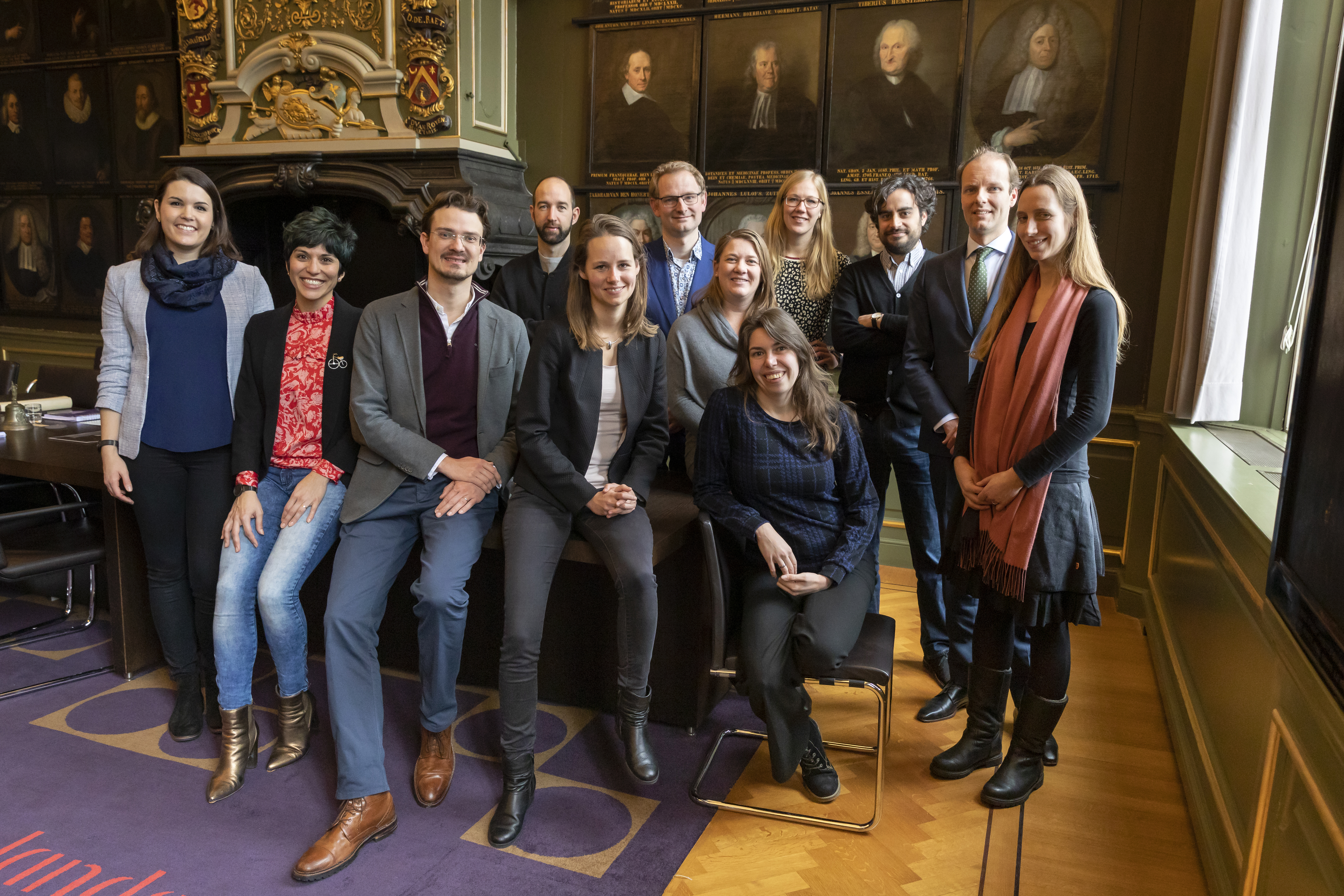Young Academy Leiden supports Taverne pilot
To highlight Open Access Week, Young Academy Leiden is endorsing the initiative ‘you share, we take care,’ which helps scholars upload their publications in the Leiden Repository and so achieve open access via the green route.
To highlight Open Access Week, Young Academy Leiden is endorsing the initiative ‘you share, we take care,’ which helps scholars upload their publications in the Leiden Repository and so achieve open access via the green route.
Guest authors: Helen Pluut [1] and Maaike van Putten [2]
[1] Assistant professor, Department of Business Studies, Leiden University; Vice chair of Young Academy Leiden
[2] Senior postdoc, Department of Human Genetics, Leiden University Medical Center; Member of Young Academy Leiden
The publicity around Open Access Week shows how much is happening at Leiden University, at national level, and internationally when it comes to open access. The pilot ‘you share, we take care’ is one of those activities. On the basis of the Taverne Amendment (article 25fa of the Dutch Copyright Act) researchers who participate in the pilot share the publisher’s versions of their academic publications after six months via the Leiden Repository.
As part of Open Access Week, Young Academy Leiden (YAL) would like to endorse the initiative ‘you share, we take care’. We discovered – actually by coincidence – that most of us were already participating in the Taverne pilot. As YAL we considered this week a nice opportunity for our other members to join, too. It is a way for us to emphasize the critical importance of publishing open access and we all consider the rationale underlying the Taverne pilot quite right.

Image: Members of the Young Academy Leiden 2019
University Medical Centres (UMCs), and with that the LUMC, are not a part of the pilot. However, the publications of our members employed at the LUMC are mostly openly accessible. The LUMC actively pursues open science and wants research groups to make their data publicly available in line with the FAIR principles. They are willing to pay article processing charges (APCs) of journals to publish open access, which is also a requirement of the funders of many of their grants.
Scholars can publish their articles open access via several routes, as an infographic developed by the Centre for Digital Scholarship nicely shows. The golden route entails that one makes the publisher’s version immediately available to the public on the publisher’s website. It should be noted, however, that it is not always easy for scholars to choose a journal based on its open access policy. Especially early career scholars depend on criteria of scientific excellence. Those criteria often emphasize publications in established journals with high impact factor, regardless of whether the journals are open access. The Taverne Amendment allows scholars to make their publications open access via the green route nonetheless.
Young Academy Leiden considers the movement towards (affordable) open access a focal point of science policy. Our members are therefore committed to making their publications open access (either green or gold) available. We hope to see a continuation of initiatives such as the pilot ‘you share, we take care’ because they are a key step forward in helping scholars further the visibility and impact of their research.


